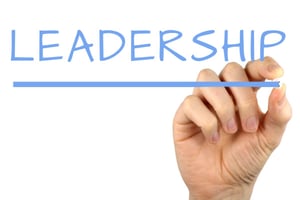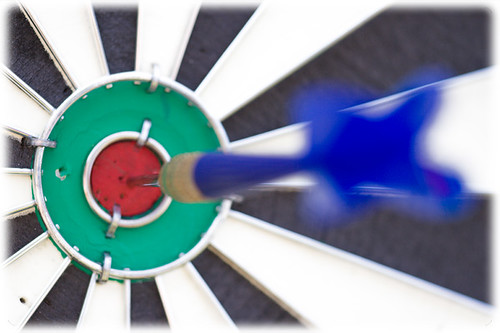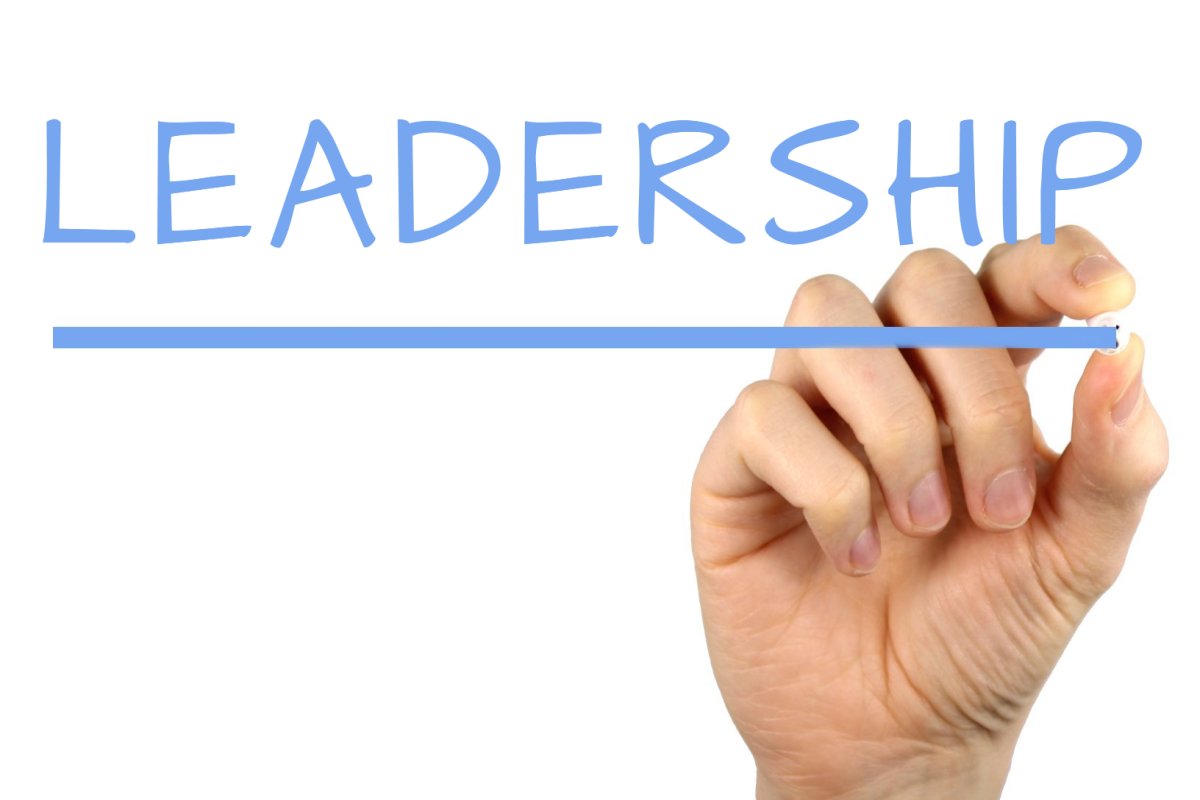5 Characteristics of Proactive Leaders
In his enduring book, The 7 Habits of Highly Effective People, Dr. Stephen Covey outlines seven principles that anyone can implement to become more effective at work, and indeed, in all areas of life.
The first habit of effective people, according to Dr.Covey, is:
“Be Proactive.”
“I am not a product of my circumstances. I am a product of my decisions.” - Dr. Stephen R. Covey
A proactive leader recognizes that he/she has the ability to overcome any barriers to their desired results. We all have the power to choose resourcefulness and take initiative.
In Dr. Covey’s view, everything we encounter in life can be assigned to one of two categories, or “circles”: A Circle of Concern and a Circle of Influence. Things that we can not control (the weather, who wins the Superbowl, the behavior of others, etc.) belong in the Circle of Concern - but things that we can control (our attitudes, our actions, our knowledge, etc.) fall into the Circle of Influence.
Effective leaders are quick to recognize what they can control and what they can’t, and work within their Circle of Influence, rather than constantly reacting to things that are out of their control. They choose to act in ways that will have an impact.
Leadership isn’t a passive activity; it requires a conscious choice to be a leader.
“Leaders are made, they are not born. They are made by hard effort, which is the price which all of us must pay to achieve any goal that is worthwhile.”
- Vince Lombardi
Leaders are leaders because because they choose to lead; not because they are born to lead. Dwight D. Eisenhower may have grown up on a farm, but he made a series of choices throughout his life that eventually led to his becoming a five-star general and the 34th President of the United States.

What choices do you need to make to become a more proactive leader? Here are five defining characteristics to help you think through this question.
A proactive leader:
- Prioritizes. In addition to prioritizing which meetings to take (or not take) and what to delegate versus what not to, a good leader is also proactive about planning a healthy balance between work and personal time. This not only prevents burnout, but allows space for creativity to flourish.
- Anticipates the future. A proactive leader accurately identifies where his or her team is currently, compared to where they want to be as a future goal; they are diligent in passionately, consistently, reinforcing and supporting that future goal to each and every team member.
- Builds the right team. No one can anticipate every challenge or problem that will come their way, but an effective leader builds a team capable of collaborating well to solve problems together. A proactive leader will hire wisely, with the big picture in mind.
- Communicates the vision. Most companies/teams operate with a vision statement that executes on their mission. A proactive leader knows that a company/team culture does not create itself. As a result, he/she is fanatical about clearly and consistently communicating that vision/mission through speech and behaviour.
- Seeks perspective. Good leaders understand that they don’t know everything; they are constantly seeking and acting upon feedback to improve their leadership skills. An effective leader is also proactive about seeking advice/counsel and building their knowledge base, thereby increasing their effectiveness as leaders.
These are just a few of the characteristics of proactive leadership. What would you add?
Bill Edgar is a Vistage Florida Chair in North Central Florida. He consistently works to aid each of his members in becoming better leaders, making better decisions, and getting better results. Connect with Bill on LinkedIn.









